Contents

WebMD does not endorse any product, service or treatment referred to on this page. The DSM technically defines “recovery” as “initial , early sustained (1-5 years) and stable . However, some argue that it is too simplistic to define “recovery” simply as an amount of time.
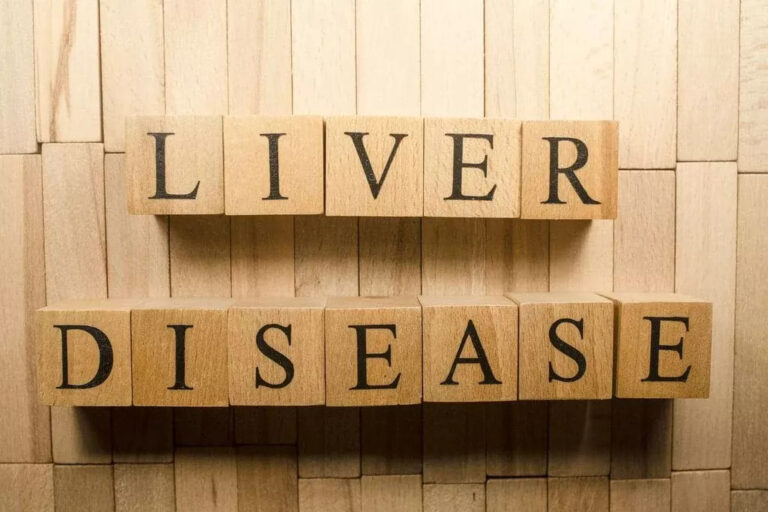
During a mental relapse on alcohol, you’re not using it, but it might preoccupy your thoughts. You’re thinking about how good it would feel to relieve difficult emotions, boredom, or stress with a drink. At first, you might try convincing yourself you wouldn’t actually do it, but toward the end of a mental relapse, substance abuse becomes almost inevitable. Mood changes – Co-occurring disorders put you at higher risk for addiction relapse. If you’re not managing mental illness symptoms with therapy, medication, and healthy practices, you may feel an urge to self-medicate with alcohol. Similarly, feelings of irritability, low mood, and discontent that often accompany early sobriety can trigger a relapse as well.
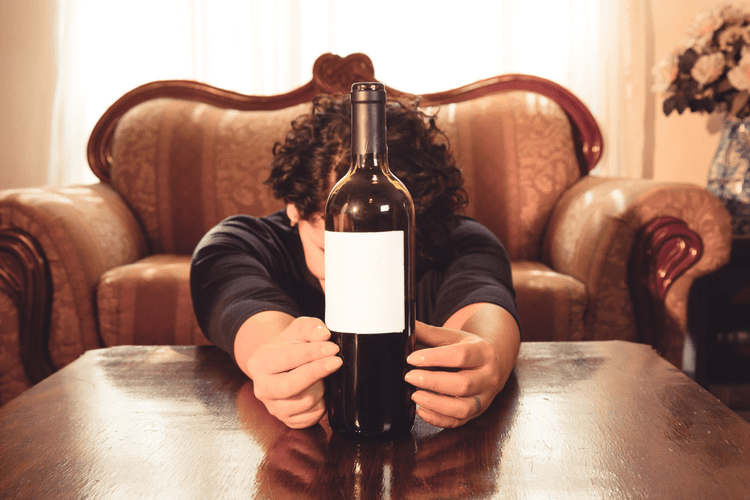
In addition, many individuals in recovery consider a single slip as a full-blown relapse. Many organizations, such as 12-Step programs like Alcoholics Anonymous, will often point to the notion that even thinking about using alcohol again represents a potential sign of a relapse. What people don’t often realize is that recovery from addiction is not as simple as admitting a problem and getting treatment for it. Recovery is a lifelong battle, and certain factors involved with recovery from alcohol use disorders suggest that it’s even harder to avoid relapse from other SUDs.
Harnessing science, love and the wisdom of lived experience, we are a force of healing and hope for individuals, families and communities affected by substance use and mental health conditions. A 2010 study investigated a 10-year comparison of public endorsement of treatment and prejudice of the diagnoses of schizophrenia, depression, and alcohol dependence. This study found that more of the public embraces a neurobiological understanding of mental illness, which translates into support for services but not necessarily into a decrease in stigma. Patients should have a list of phone numbers of people they can call when they are having a difficult time coping. Importantly, patients should write out the list and put it in a convenient location because sometimes during high-stress periods they may become emotionally and mentally disorientated, necessitating written instructions. Warning signs for physicians that a patient has relapsed include missing appointments or attending AA meetings less frequently.
These rates are similar to those undergoing treatment for other chronic conditions, like asthma and hypertension. If you’re battling alcohol addiction, these alcohol relapse statistics can be discouraging. Yet, AUD’s chronic nature means that relapse may be part of your ultimate process of getting clean or moderating your alcohol intake.
If you believe your friend has relapsed and is withdrawing from you and other positive friends, reach out to remind them of your support. There are still options for guidance and contact during social isolation. Many members of support groups have relapsed and successfully gotten back on track. They can be invaluable support and inspiration to you and your recovery.
Triggers for Those in Addiction Recovery: Know the Signs of Relapse
However, it takes work to stay in recovery, and even the hardest-working person can experience slips, lapses and relapses during the alcohol recovery process. According to the Alcohol and Drug Foundation, other factors contributing to relapse can include pre-existing mental health or physical health problems, guilt itself due to a relapse, and unique personal life circumstances . Elena Hill, MD; MPH received her MD and Masters of Public Health degrees at Tufts Medical School and completed her family medicine residency at Boston Medical Center. She is currently an attending physician at Bronxcare Health Systems in the Bronx, NY where she works as a primary care physician as well as part time in pain management and integrated health. Her clinical interests include underserved health care, chronic pain and integrated/alternative health.
Compared to people who got help, those who did not were more likely to relapse within three years. Almost 40% of adults with alcohol use disorder that started a year ago are now in recovery. There are effective ways to maintain sobriety and beat the odds of relapsing. Learn how an alcohol rehabilitation program can help treat your mind and body.
- When they need help, they turn to other people for support and encouragement.
- There’s also a big difference between understanding and acceptance.
- Proper self-care will make you feel better about yourself, and will be sending a message to yourself that you care about your wellbeing.
- If your relapse has been going on for quite some time, alcohol detox and time at an inpatient rehab center may be necessary to provide the structure and space from triggers that you need to gain footing in recovery again.
- The Hazelden Betty Ford Foundation has addiction and mental health facilities in 8 States throughout the United States.
Instead, they should maintain their recovery program to guard against a relapse. Starting with a medically assisted detoxification program, may help prevent a relapse once you are further down the road to recovery. Relapse rates for methamphetamine use disorders were estimated to be 52.2 percent. Relapse rates for cocaine use disorders were estimated to be 61.9 percent.
Reasons Why People Relapse Back to Addiction
For example, eating a diet that is unhealthy, low in nutrients, and/or high in sugar may result in poor physiological and neurological health that can lead to low mood and cause alcohol or drug cravings. Weight gain can lead to individuals feeling depressed, and trigger thoughts that their substance use might help them lose the weight they have put on. Poor sleep-hygiene can leave individuals feeling irritable, stressed, anxious, and experience low mood, which can also trigger a relapse.

Knowledge in healthcare led to an interest in drug and alcohol abuse, and she realized how many people are touched by addiction. “This is a significant challenge for individuals recovering from alcohol and drug addiction. It is important to find alternative ways to receive ongoing support during this time. AA/NA and other support groups have ‘virtual meetings’ available online. There are also other options to stay connected via social media as well as by telephone or email,” Hulkow told Fox. Virtual 12-step meetings are an easily accessible option to receive support.
Still, though, triggers are pervasive and dangerous to a person’s sobriety, especially in early recovery. Alcohol is also not like many other illicit substances, which are used in private for the most part. American society has very few issues with drinking, and alcohol is sold at sporting events, bowling alleys, arcades and nearly every restaurant, making it extremely difficult to avoid for those in recovery. If you struggle with drinking, and you’ve tried towhite-knuckle itonly to fall back into unhealthy habits, your experience is common. Even attending conventional rehab cannot guarantee you’ll remain relapse-free.
Those in active recovery are in a state of remission, with no symptoms of addiction. A relapse is not a failure, it’s a chance to learn and move forward in sobriety — stronger and with a greater understanding of yourself and your triggers. What happens next depends on the severity of your relapse, your support system, and you. Returning to some form of addiction treatment may be necessary. Outpatient rehab can give you the support you need to get back on track.
What Are the Differences Between Types of Relapses?
If an individual receives proper alcohol and drug addiction treatment, therapists, psychiatrists and other addiction specialists will work with the patient to address underlying mental health issues. As with alcohol and drug addiction, mental health issues often require long-term attention to sustain recovery. If mental health issues go unaddressed, or if an individual does not know how to properly cope, they can trigger an alcohol or drug relapse. Individuals with alcohol or drug addiction are not used to experiencing psychological issues such as depression or anxiety without using alcohol or drugs as their primary coping mechanism.
However, remember that relapse is part of the addiction recovery process. A lapse or a slip occurs when you briefly start to drink again but stop before it becomes a habit. A slip may be triggered by stress or situational factors, such as being surrounded by people drinking at a wedding or a family event.
It’s important to realize that relapse doesn’t necessarily mean failure. Consider stepping up your level of treatment, e.g., individual/group therapy to an intensive outpatient treatment program. Alcohol relapse doesn’t mean that you or your treatment program has failed.
Due to arguments, uncomfortability, or insecurity that relationships can cause, this is an area that needs to be taken with caution by a newly sober individual. Generally, at the very least, a relapse likely means that you need additional support while in recovery, also known asaftercare. Aftercare can consist of sober living houses, 12-step programs and ongoing therapy. These help keep you focused on your recovery, reducing your risk of relapse.
Service Work – Numerous future value of a single amount have shown that helping others can be of great benefit to people in recovery, improving mood, decreasing anxiety and depression, increasing self-esteem and strengthening a sense of purpose. These have all been shown to be powerful factors in successful recovery. This figure, however, does not represent every person who has completed treatment. It is important to understand the high probability of relapse and learn the proper tools to maintain sobriety. While relapse can and does happen, it by no means signals that all is lost. A relapse can reinforce coping skills and strengthen the resolve to find long-term recovery.
In addition, we examined interactions between the help status and relapse status groups. If you struggle with drinking or struggling to maintain your recovery from alcohol addiction, The Recovery Village Drug andAlcohol Rehabcan help.Contactour alcohol addiction recovery experts today to learn more. When you are an alcoholic and have achieved sobriety, you are in recovery.
Those people who are serious about aftercare greatly increase their chances of success. It is most often those who are not adequately supported in recovery that end up returning to their addiction. During difficult times, it is more important than ever for these individuals to focus on a recovery program of openness and honesty with themselves and with those who can help and support them.
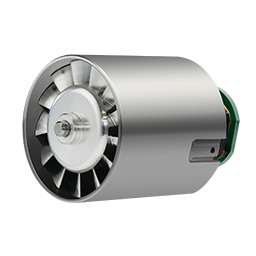

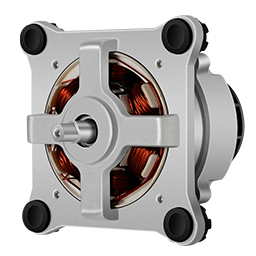
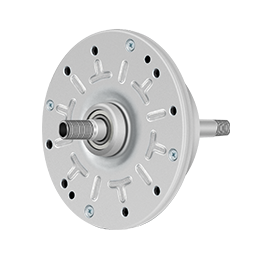

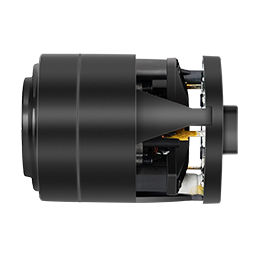
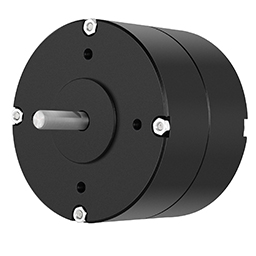

发表回复